The Most Common IT Mistakes
IT Mistakes Everyone Does
IT teams and departments in organisations across industries are having a moment. Enterprises and small businesses alike are increasingly relying on their digital operations to foster innovation and create a competitive advantage.
Good IT departments can help any business run smoothly. Depending on your industry, IT departments and teams can facilitate better market research, advertising, and sales. It can also help in solving problems for your organisation through innovation, improved security, and streamlined operations.
But not all organisations have great practices in handling their IT needs and implementation. So, to see how you’re faring, look at these common IT mistakes that organisations and businesses tend to make.
Neglecting IT
Emerging technologies have become the harbinger of disruption in today’s markets. Even small businesses cannot do without utilising new technologies to compete. Organisations that tend to neglect their IT departments are more prone to being outflanked by more nimble competitors and are vulnerable to market disruptions. In retail, tech-heavy company Amazon has overtaken numerous brick and mortar shops by banking on convenience for customers. Businesses who are aware of this are taking action. In fact, around 40% of tech spending last year was spent on digital transformation initiatives, which roughly translates to $2 trillion (A$3.38 trillion), according to IDC. While simply having an IT team or department is a great add-on (and was enough in the past), it’s now imperative for companies to grow and innovate in order to survive.
Insufficient or Misaligned IT Resources
Other organisations that do have IT teams or departments in place, have either insufficient or misaligned IT resources. While the two might sound like polar opposites, they represent two sides of the same mistake: not knowing what you need. As mentioned above, some businesses tend to downplay the transformative power of having a good IT team. But what’s more common today is throwing money by chasing technological advances that might not be critical in pursuing business goals. One important way to avert this is by ‘going full Sherlock’ on your competition, according to an article on Entrepreneur. Look at what IT tools and capabilities they are gunning for and invest in what can mitigate or replicate that success.
Poor Employee Tech Training
Organisations that rely heavily on software and hardware when investing in IT tend to forget the most important asset in digital transformation – their employees. When investing in new technologies, some organisations leave everything to the IT department and assume that their employees will get to it ‘eventually’. However, this will only slow down and complicate the process of integration. This is why Verizon Connect outlines the importance of how you focus your efforts when introducing new technology to your employees. Instead of overwhelming your employees in making them use it in one go, you can roll it out with critical functions first. Going about it step by step will allow your employees to absorb the tools better and keep them engaged when utilising the new technology.
Insufficient Protection
An article written by Shaina Woodward

